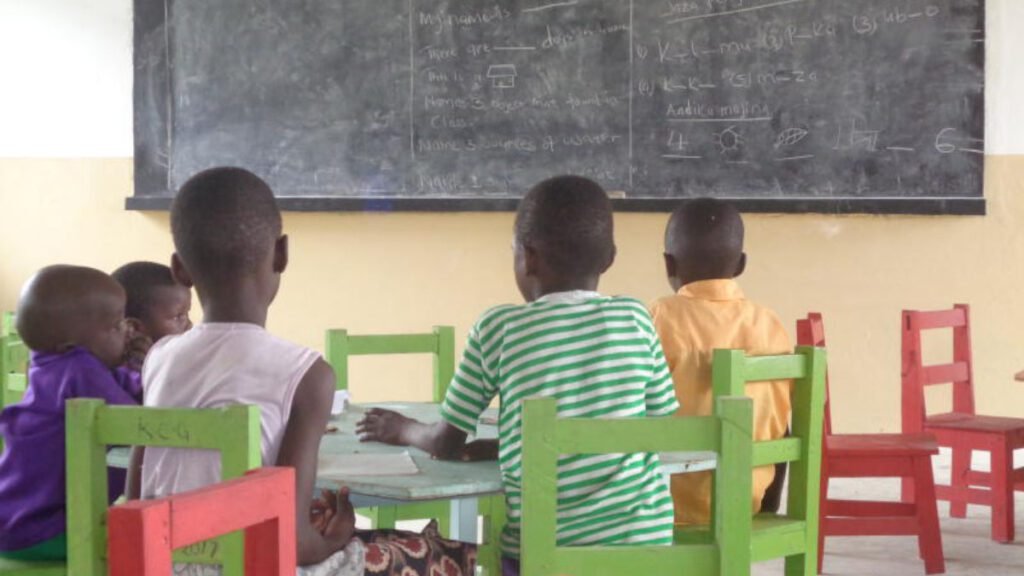A new education sector report has revealed that 7.4 percent of children in Kenya are enrolling in Grade 1 without attending Early Childhood Development Education (ECDE)—a crucial phase of foundational learning.
The State of Education in Kenya Research Report, released on Thursday, July 18, 2025, by Zizi Afrique Foundation and Usawa Agenda, sheds light on persistent gaps in access to early learning, especially in rural counties.
“Despite improvements in infrastructure and policy reforms, regional and economic disparities continue to lock out thousands of children from ECDE,” reads part of the report.
Rural Areas More Affected
The report notes that 8.4 percent of rural children start primary school without any early childhood education, compared to 6.2 percent in urban areas.
Counties with the highest ECDE exclusion rates include:
- Mandera – 51.4%
- Marsabit – 33.3%
- Wajir – 21.7%
In contrast, Kisumu (1.3%) and Nakuru (1.8%) recorded the lowest levels of exclusion, showcasing stark regional inequality in ECDE access.
Among children already enrolled in Grade 1 and above, 7.5 percent of boys and 7.4 percent of girls had never passed through the ECDE system. Children with disabilities had a slightly lower non-attendance rate at 7.2 percent.
Who Manages ECDE in Kenya?
While the national government sets the curriculum and offers policy guidance, ECDE management is a devolved function handled by county governments.
The report credits national efforts—such as curriculum reforms and infrastructure investments—for boosting ECDE enrolment rates in recent years. Between 2018 and 2021, enrolment rose by nearly 5 percent.
The number of registered ECDE centres increased from 46,623 in FY 2022/23 to 47,666 in FY 2023/24, comprising:
- 32,461 public ECDE centres
- 15,205 private ECDE centres
Falling Teacher Numbers Raise Concerns
Despite progress in infrastructure, the sector faces a worrying trend: a decline in ECDE teacher numbers.
According to the report:
- In 2019, there were 92,359 ECDE teachers
- By 2022, the figure had dropped to 69,561
The sharp drop raises concerns about quality of education, pupil-teacher ratios, and the sustainability of ECDE gains made over the past decade.
Call to Action
Zizi Afrique and Usawa Agenda are urging county and national policymakers to prioritize ECDE funding, ensure equitable teacher deployment, and target marginalized regions to close the early learning access gap.
“Kenya’s long-term education and economic success starts with strong early childhood learning foundations,” the report concludes.


